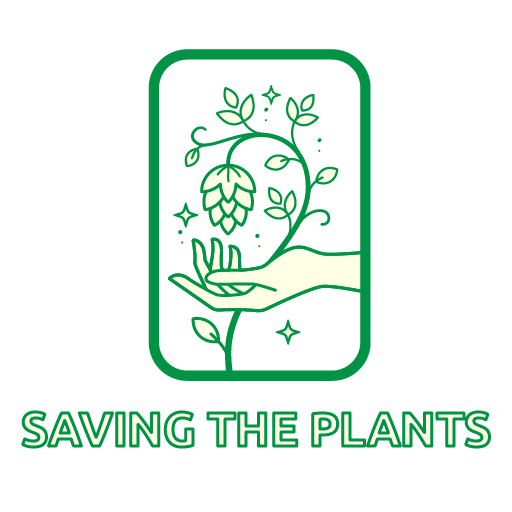The U.S. government has granted a team of researchers at the University of Kentucky $2 million to study hemp’s potential as an economic crop in the western United States. This grant is part of a larger push by the federal government to support hemp research, which could help create new markets for farmers and reduce reliance on imported products.
Hemp and CBD are two different things. Hemp is a type of cannabis plant, while CBD is the compound extracted from the hemp plants. Read more in detail here: is hemp and cbd the same.
As part of a new $10 million grant from the US Department of Agriculture to identify economic possibilities for hemp in the western United States, researchers from Washington State University will examine various hemp types and do chemical analyses on them.
The initiative, which will be managed by Oregon State University’s Global Hemp Innovation Center, is a five-year study supported by the USDA’s Sustainable Agricultural Systems grant program. This research, which addresses the needs of Native American and other rural community businesses and farmers in the four-state West Coast region, is being conducted by WSU scientists in collaboration with eight institutions across the country and many industry partners, including the Industrial Hemp Association of Washington.
“We’re looking for the finest hemp cultivars for western farmers. Many of them want to cultivate the crop for fiber and grain, according to David Gang, a professor at Washington State University’s Institute of Biological Chemistry. “Hemp has a lot of incredible characteristics and possibilities, particularly in terms of creating construction materials and feedstock.”
The award is worth about $1.3 million to WSU. A substantial portion of the total award will go to native tribal partners across the west, including tribes in Washington.
“We’re collaborating with native Washington tribes to organize growth experiments on reserve grounds and do industrial development research,” Gang added.
“We founded the Global Hemp Innovation Center in 2019 to bring together a broad range of stakeholders to solve major unaddressed issues about the hemp sector,” said Jeffrey Steiner, the center’s associate director. “While there is a growing interest in hemp, there is still a significant dearth of understanding about the crop.”
With the passing of the 2018 farm bill, hemp was just decriminalized, sparking a surge of interest in its possibilities. More research is needed to establish a successful hemp industry, including where to grow different hemp grain, fiber, and essential oil market classes and the best genetics to use; how to incorporate hemp into existing production systems to complement rather than disrupt markets; where to process the grown materials that are used to manufacture hemp products; and what are the likely growt conditions.
The study team will focus on the rural transportation corridor that runs from Canada to Mexico via Washington, Oregon, Nevada, and California east of the Cascade-Sierra Nevada Mountains. The region includes both vast regions of irrigated and non-irrigated agriculture and is characterized by varied, usually arid climatic conditions.
Because Native American tribes are well-represented throughout the four-state region, the researchers are including Native American farmers and other tribal leaders in the effort, including those from the Confederated Tribes of Warm Springs in Oregon, with the goal of incorporating their cultural and economic needs into business development efforts.
According to Steiner, the involvement of tribal communities seeks to rectify historical inequalities in agriculture and will include Native American students in many areas of the growing hemp industry.
“It is essential to the success of our work that indigenous people, as well as other rural communities, be involved early on,” Steiner said. “The economic possibilities that this new product may provide for rural communities are enormous, and our initiative has set out to guarantee that those opportunities are equally accessible and relevant to all types of farmers.”
The University of California, Davis; University of Nevada, Reno Extension; USDA, Agricultural Research Service; United States Department of Transportation, Volpe National Transportation Systems Research Center; Federally Recognized Tribes Extension Program; and 7 Generations, a Native American-owned firm that specializes in Indian Country business development, are also partners on the project.
Related Tags
- hemp inc
- hemp stock
- hemp inc stock


